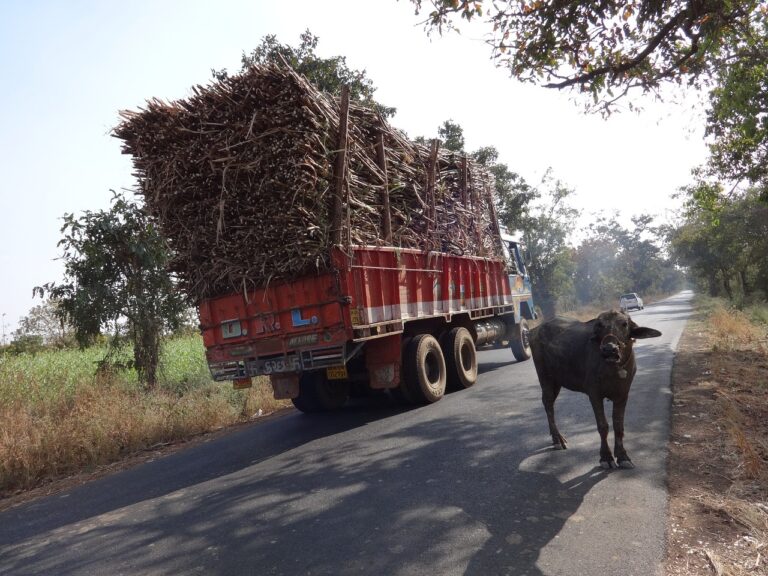Assessing the Impact of Gerrymandering on Elections: Silverexch.com login, Goldenexch, Betbook 247.com
silverexch.com login, goldenexch, betbook 247.com: Gerrymandering is a hotly debated topic in politics, with supporters and opponents arguing over its impact on elections. But what exactly is gerrymandering, and how does it affect the democratic process? In this article, we will delve into the nuances of gerrymandering and assess its impact on elections.
What is Gerrymandering?
Gerrymandering is the process of manipulating the boundaries of electoral districts to favor one political party over another. This practice dates back to the early 19th century when Massachusetts Governor Elbridge Gerry signed a bill that redrew district lines to benefit his party. The resulting districts resembled a salamander, leading to the term “gerrymander.”
How Does Gerrymandering Impact Elections?
1. Distorted Representation: Gerrymandering can lead to distorted representation in government. By strategically redrawing district lines, politicians can ensure their party’s dominance in certain districts, leading to a disproportionate number of seats in the legislature.
2. Lack of Competition: Gerrymandering can also reduce competition in elections. When districts are designed to favor one party, candidates from the opposing party may not stand a chance of winning, discouraging them from running for office.
3. Partisan Polarization: Gerrymandering can contribute to partisan polarization in politics. By creating safe districts for one party, politicians may cater only to their party’s base, leading to less incentive for compromise and bipartisan cooperation.
4. Minority Vote Dilution: Gerrymandering can dilute the voting power of minority communities. By packing minority voters into a few districts or spreading them out across multiple districts, their influence in elections can be diminished.
5. Incumbent Protection: Gerrymandering can also be used to protect incumbent politicians. By drawing district lines to favor the current officeholders, challengers face an uphill battle in unseating them.
6. Decreased Voter Turnout: Gerrymandering can lead to decreased voter turnout. When elections are perceived as non-competitive due to gerrymandered districts, voters may feel disengaged and apathetic towards the electoral process.
FAQs
1. Is gerrymandering legal?
Gerrymandering is technically legal, as redistricting is a normal part of the political process. However, extreme cases of gerrymandering that violate the principle of “one person, one vote” may be challenged in court.
2. Can gerrymandering be stopped?
Efforts to reform the redistricting process, such as creating independent commissions to draw district lines, have been proposed to mitigate the impact of gerrymandering.
In conclusion, gerrymandering has far-reaching consequences on elections, from distorted representation to decreased voter turnout. As the debate over gerrymandering continues, it is essential to understand its impact on the democratic process and work towards fair and equitable electoral systems.







